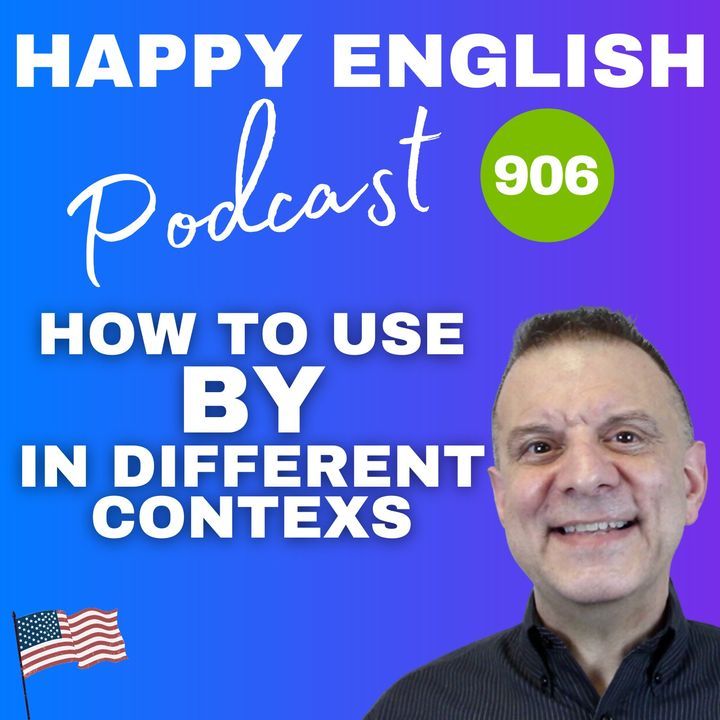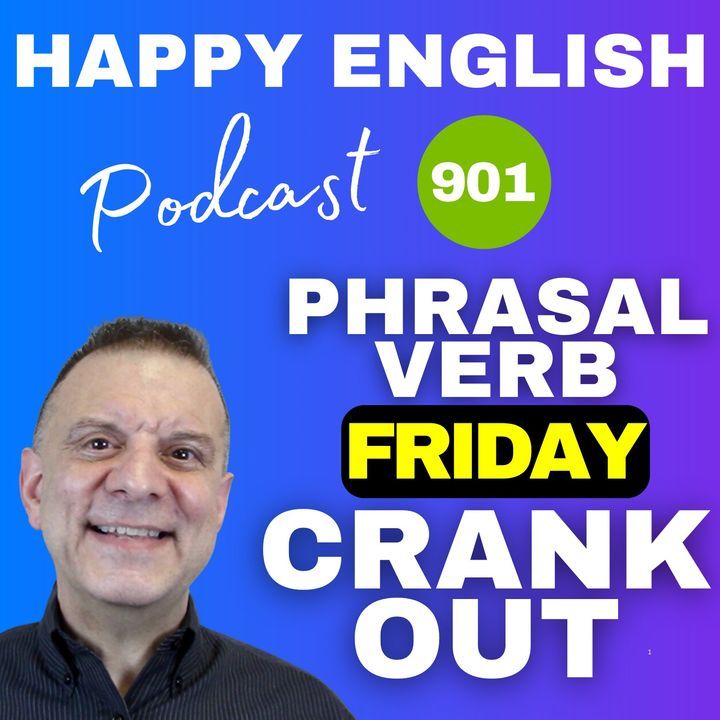891 - Sunday Speak - How Come
Now, when you want to ask why in English, sure, you can just say “why.” But in everyday conversation, native speakers often use a more casual phrase: “How come?” “How come” means the same as “why,” but it sounds softer, friendlier, and very conversational. And, it’s easy to use. You can use it by itself! Like, your friend says, “I’m skipping lunch today.” You can ask, “How come?” Or your coworker says, “I can’t make it to the meeting.” You can ask, “Oh really? How come?”
You can also put how come in front of any sentence to make a casual question. Like, if your friend never comes to the karaoke party, you can ask, How come you don’t like karaoke? Or if a coworker comes to the office late, you can ask, How come you came late this morning.
How come. It’s short, casual, and super natural. So next time, instead of just “why,” try saying “How come?”
Join my Podcast Learner's Study Group here: https://learn.myhappyenglish.com/plsg
Visit my website for over 3,000 free English lessons: https://www.myhappyenglish.com/
My AI English Tutor is https://chatgpt.com/g/g-687344c0706c819184e8bda28d7582d9-ask-michael-your-english-teacher



























